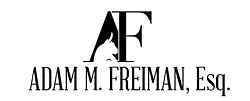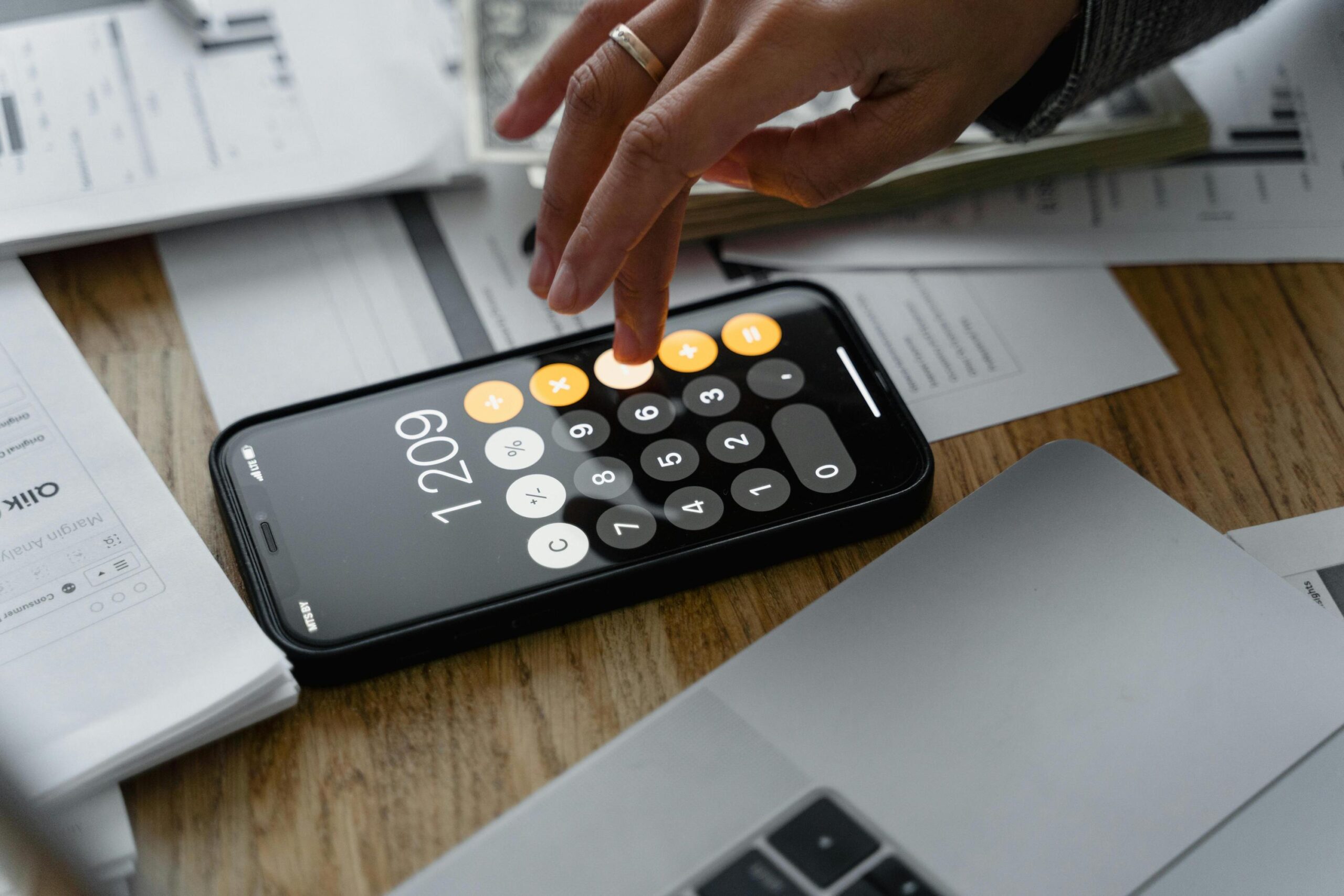Debt can become overwhelming and unmanageable. It can feel like there is no way to dig yourself out of the financial hole. But not all hope is lost when you find yourself in this situation. Chapter 7 bankruptcy provides a viable solution to individuals needing financial relief from insurmountable debts.
But you may be wondering What is the Minimum Debt Requirement for Bankruptcy? Is there a minimum total of debt needed to qualify for Chapter 7 bankruptcy? This question often arises for those contemplating this form of debt relief.
Understanding Chapter 7 Bankruptcy
To answer the question of minimum debt requirements in its entirety, it’s critical to understand what Chapter 7 bankruptcy is and how it works.
Chapter 7 bankruptcy, commonly referred to as “liquidation bankruptcy,” allows filers to discharge most unsecured debts, including credit card debt, medical bills, and personal loans. The process of Chapter 7 bankruptcy entails liquidating the filer’s non-exempt assets through a court-appointed trustee. This can include, but is not limited to, valuable collectibles, secondary homes, and investments. The proceeds from these assets are then used to pay the creditors.
Unlike Chapter 13, Chapter 7 bankruptcy filing is often used for individuals who lack the means to repay or partially repay their debts. It helps create a clean slate for those burdened by significant financial obligations.
Minimum Debt Requirement for Bankruptcy
A common misconception surrounding bankruptcy is that a minimum amount of debt is needed to file. However, there is no minimum debt requirement for filing bankruptcy, including Chapter 7. The U.S. Bankruptcy Code does not set a specific debt threshold for eligibility. Instead, the decision to file should be based on an individual’s financial situation, the type of debts they have, and their ability to repay those debts.
Debts That Can Be Liquidated in Chapter 7 Bankruptcy
Are you still curious if your debt is eligible for Chapter 7 bankruptcy? Here are some of the types of debt that can be liquidated through Chapter 7 bankruptcy:
Unsecured Debts
Credit Card Debt: Most credit card debt can be discharged in Chapter 7 bankruptcy. This includes balances on store cards and general-use credit cards.
Medical Bills: Debts incurred for medical treatment and services can be wiped out in bankruptcy.
Personal Loans: Unsecured personal loans from banks, credit unions, or other lenders can be discharged.
Payday Loans: High-interest, short-term payday loans are also dischargeable.
Utility Bills: Past due utility bills, such as electric, gas, water, and telephone bills, can be discharged.
Rent and Lease Agreements: Unpaid rent from previous rental agreements and lease-breaking fees can be included.
Secured Debts
Auto Loan: If you surrender the vehicle, the remaining balance on the loan can be discharged.
Mortgages: If you surrender the home, the remaining mortgage debt can be discharged.
How a Bankruptcy Lawyer Can Help
Navigating the complexities of Chapter 7 bankruptcy can be daunting. This is where a knowledgeable bankruptcy lawyer comes in. A bankruptcy lawyer can provide valuable guidance throughout the process, ensuring that you understand your rights and obligations. They can help you:
Prepare and File Your Petition: Assist with gathering necessary documents and filing your bankruptcy petition accurately and on time.
Represent You in Court: Advocate on your behalf during court proceedings and creditor meetings.
Maximize Asset Protection: Help you understand which assets are exempt and help you retain as much property as possible.
For those seeking expert assistance in Maryland, Adam M. Freiman is the bankruptcy lawyer for you. With years of experience and a thorough understanding of bankruptcy law, Adam M. Freiman can help you navigate the bankruptcy process with confidence and ease.







